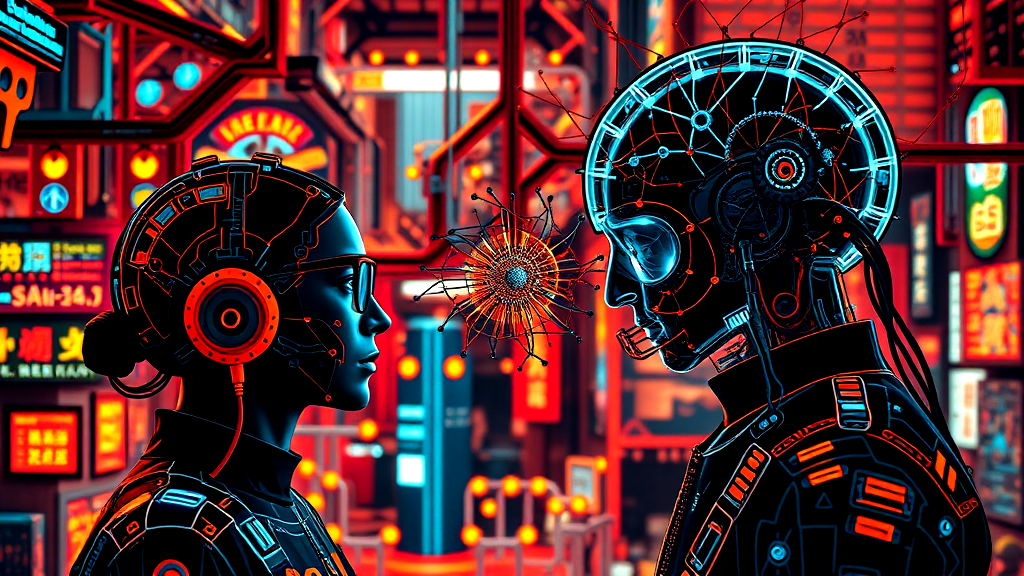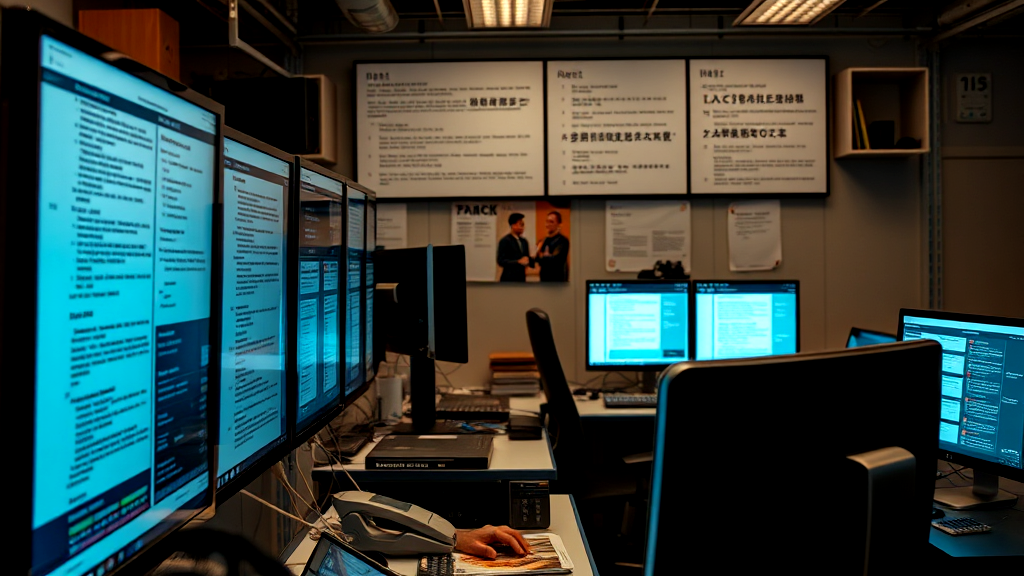Need Human Translators in post editing of a Translation
Machine translation is fast and efficient. But it often misses the mark on nuance. That’s where I come in. As a human translator, I add the finesse that AI lacks. Translation post editing is my specialty, ensuring that the final product isn’t just accurate but also culturally relevant. The blend of machine and human efforts results in high-quality translations.
In industries like legal and healthcare, post editing services are crucial. They prevent costly errors and improve communication. Elite Translingo offers top-notch services to ensure your translations meet industry standards.
Using machine translation technology has its perks, but it can’t replace human touch. By refining machine translation post outputs, I enhance clarity and precision.
Key Takeaways
-
Machine translation is quick but often lacks nuance and context.
-
Translation post editing ensures accuracy and cultural relevance.
-
Human translators enhance machine translation post outputs for clarity and precision.
-
Elite Translingo provides post editing services to meet industry standards in legal and healthcare.
-
Combining AI with human translation services achieves high-quality translations.

Enhancing Machine Translation with Human Expertise
Improving machine translation with a touch of human skill is like adding the cherry on top of a sundae. While AI translation benefits are undeniable, human translators step in to refine the rough edges. They ensure the accuracy of idiomatic expressions and maintain grammatical consistency. This collaboration is essential for achieving a seamless outcome.
AI translation benefits businesses by offering speed, yet it sometimes misses the finer points. Human post-editing comes into play, ensuring translations are not just correct but also resonate culturally. It’s like having a local guide when navigating unfamiliar streets. They know the shortcuts and the local lingo, making the journey smoother.
In my experience, this mix of machine translation technology and human expertise is a game-changer for translation post-editing services. AI handles the heavy lifting, while humans add the polish. It’s a dynamic duo that tackles even the most demanding translation post editing tasks with finesse.
I know what you’re thinking: “Isn’t AI enough?” Well, AI is fantastic, but it can be like a robot trying to crack a joke. Sometimes, it falls flat. That’s where humans shine, filling in the gaps AI leaves behind. Elite Translingo is one of the top names leveraging this approach, offering top-notch post editing services across industries.
Consider this: In specialized fields like healthcare and legal, the stakes are high. A misstep in translation could cost more than just money. Here, human intervention is non-negotiable, enhancing the quality and accuracy of neural machine translation. It’s a bit like having a safety net.
|
Aspect |
Machine Translation |
Human Expertise |
AI Translation Benefits |
|---|---|---|---|
|
Speed |
Fast |
Slower |
Immediate outputs |
|
Cultural Nuance |
Lacks depth |
High |
Enhanced with human input |
|
Idiomatic Expressions |
Often incorrect |
Accurate |
Improves with human edits |
|
Industry-Specific Accuracy |
Variable |
Consistent |
Achieved with combined efforts |

Importance of Human Translators in Post Editing
The need for human translators in refining translation output is undeniable. When it comes to post-editing, human input ensures clarity and accuracy. Machines might churn out translations in a blink, but they stumble on nuances and cultural subtleties. I often find that industry-specific jargon and context are where machines falter most. Here, human translators are the unsung heroes, stepping in to polish these rough edges.
Human translators bridge gaps in understanding, especially in sectors demanding precision like legal or medical. A slip-up can cost dearly, so human eyes are priceless. While the ai translation benefits include speed and cost-effectiveness, they can’t replace the depth of understanding humans bring. They are the final touch needed to make translations both accurate and relatable.
I’ve seen firsthand how post editing services transform raw machine outputs into well-crafted, fluent translations. These services blend human skill with machine efficiency, offering businesses a win-win. It’s like having a safety net that ensures nothing gets lost in translation.
The balance between machine speed and human expertise creates high-quality outcomes, especially in specialized fields. Machines handle the heavy lifting, but humans ensure the final product is top-notch.
Table: Comparing AI Translation and Human Post Editing
|
Aspect |
AI Translation |
Human Post Editing |
Combined Benefit |
|---|---|---|---|
|
Speed |
Fast |
Slower |
Immediate outputs |
|
Cultural Nuance |
Lacks depth |
High |
Enhanced with human input |
|
Idiomatic Expressions |
Often incorrect |
Accurate |
Improves with human edits |
|
Industry-Specific Accuracy |
Variable |
Consistent |
Achieved with combined efforts |
-
Human translators bring cultural understanding.
-
They refine idiomatic expressions.
-
They enhance context in translations.
-
Their expertise is essential in sensitive sectors.
-
They ensure industry-specific accuracy.
-
Post editing services utilize their skills effectively.
-
This combination elevates translation quality.
-
Elite translingo ensures comprehensive post-editing.

Industry-Specific Applications of Translation Services
Exploring how different industries utilize translation services, I’ve noticed some fascinating patterns. Businesses leverage these services to meet specific needs, and the ai translation benefits are especially prominent here. Each sector requires distinct approaches to ensure clarity and cultural relevance. For example, in fashion retail, translating trend descriptions accurately can significantly boost customer engagement.
Elite translingo adds immense value in sectors like finance, where precise terminology is crucial. They ensure that translations capture the essence without losing fiscal nuances. I find the post editing services indispensable here, as they refine machine-generated outputs to meet high standards.
Legal sectors benefit significantly from translation post editing. The stakes are high, and errors can lead to disastrous consequences. Human editors ensure legal texts are legally sound, culturally appropriate, and linguistically accurate. They bridge the gap that machines often miss.
The healthcare industry also reaps benefits from machine translation post-editing. Here, accuracy is non-negotiable, and human oversight ensures patient safety by maintaining the integrity of medical instructions.
Lastly, the hospitality sector thrives with well-translated content that resonates with diverse audiences. Post-editing services play a crucial role in adapting content to local cultures, enhancing guest experiences. With neural machine translation as a starting point, the final touches by human experts make all the difference.
|
Industry |
Application |
AI Translation Benefits |
Human Insight |
|---|---|---|---|
|
Fashion Retail |
Trend Descriptions |
Boosts Engagement |
Cultural Relevance |
|
Finance |
Terminology |
Machine translation quality |
Captures Fiscal Nuances |
|
Legal |
Legal Texts |
Reduces Errors |
Legal Soundness |
|
Healthcare |
Medical Instructions |
Ensures Patient Safety |
Maintains Integrity |
|
Hospitality |
Guest Content |
Enhances Experiences |
Adapts to Local Cultures |
In all these applications, translation post-editing services enhance the final output, creating a synergy between technology and human expertise.

Top 3 Industries Utilizing Post Editing Services
Highlighting the industries where post editing services shine, let’s dissect the top three sectors. In e-commerce and retail, precision in translating product descriptions and reviews is key. Imagine browsing an online store in a foreign language; if the translation is off, you’re gone faster than a toupee in a hurricane! Post-editing uses human touch to ensure content resonates with local culture, reducing bounce rates and boosting sales. Now, onto legal and compliance: Legalese is its own beast. You want every word in a legal document to be spot-on because a single flub can cost big bucks. Post-editing ensures translations are precise, minimizing risks and keeping you compliant. Finally, healthcare and medical: Here, lives can depend on accurate translation. Clinical documents need to be crystal clear, so post-editing ensures medical jargon is translated correctly, boosting patient safety.
Table: Industries and AI Translation Benefits
|
Industry |
AI Translation Benefits |
Post Editing Role |
Outcome |
|---|---|---|---|
|
E-commerce & Retail |
Engages local audiences |
Refines marketing content |
Increased sales |
|
Legal & Compliance |
Clarifies legal documents |
Ensures regulatory compliance |
Reduced legal risks |
|
Healthcare & Medical |
Improves patient understanding |
Validates technical accuracy |
Enhanced patient safety |
-
Post-editing aligns translations with local cultures.
-
Legal accuracy is crucial in the compliance sector.
-
Medical documents require precision for patient safety.
-
Human touch refines AI-generated outputs.
-
E-commerce relies heavily on accurate product descriptions.
-
Reducing errors in legal texts saves money.
-
Healthcare documents need exact translations.
-
Post-editing enhances overall translation quality.
The magic happens when human expertise meets technology—think of it as the perfect marriage of brains and bytes. Translation post-editing services offer the best of both worlds, blending speed with accuracy. It’s like having your cake and eating it too!
Conclusion
Combining machine translation with human expertise creates a strong partnership. Machines excel at speed, but humans add the essential touch of understanding and nuance. This blend is like a well-choreographed dance, each partner playing a crucial role. It ensures translations are not just fast, but also accurate and culturally relevant.
Industries like healthcare, legal, and e-commerce benefit immensely from this collaboration. Imagine a medical document translated without human oversight – mistakes could be costly and dangerous. In legal contexts, clarity and precision are non-negotiable. Here, the human touch is invaluable.
In e-commerce, connecting with customers worldwide demands more than just words. It requires understanding their culture and context. Human translators ensure that content speaks to the heart of each audience. Embracing this synergy is not just smart; it’s necessary for success.
FAQ
-
How do human translators enhance machine translation?
Machine translation is fast but often lacks nuance. Human translators refine these outputs, ensuring accuracy in idiomatic expressions and cultural nuances. They make sure translations are not just correct but also sound natural in the target language.
-
Why is post-editing by human translators important in legal documents?
Legal documents require precision. Machine translation can misinterpret complex legal language. Human translators ensure these translations are accurate and comply with international regulations. This reduces risks of costly errors and miscommunication.
-
What role do human translators play in the healthcare industry?
In healthcare, accurate translations are crucial for patient safety. Human translators ensure clinical documents are precise and meet medical regulations. They help enhance patient understanding and reduce errors in medical communication.
-
Why is post-editing crucial for e-commerce?
E-commerce relies on engaging product descriptions and customer reviews. Human translators ensure that these are accurately translated to resonate with local audiences. This helps increase customer engagement and sales.
-
Can machine translation replace human translators?
Machine translation is useful for generating initial translations. However, it often misses context and cultural nuances. Human translators are essential for refining these translations, ensuring they are accurate and culturally appropriate.




